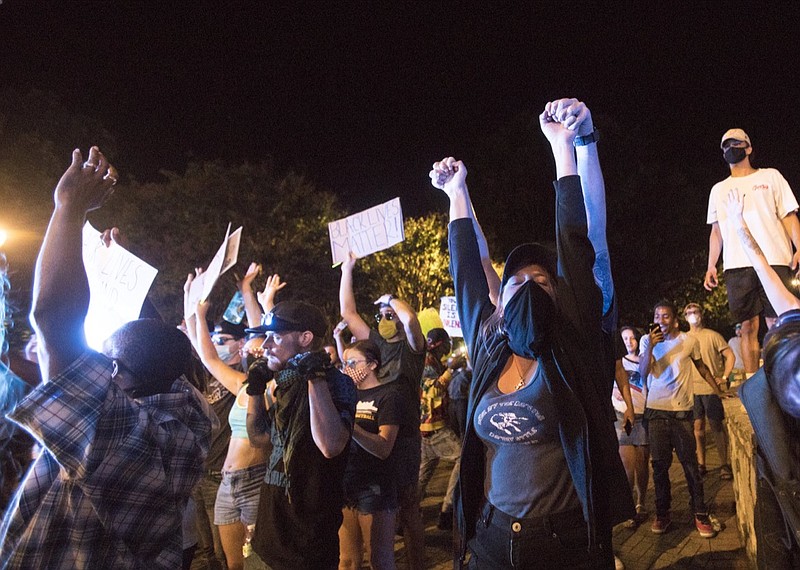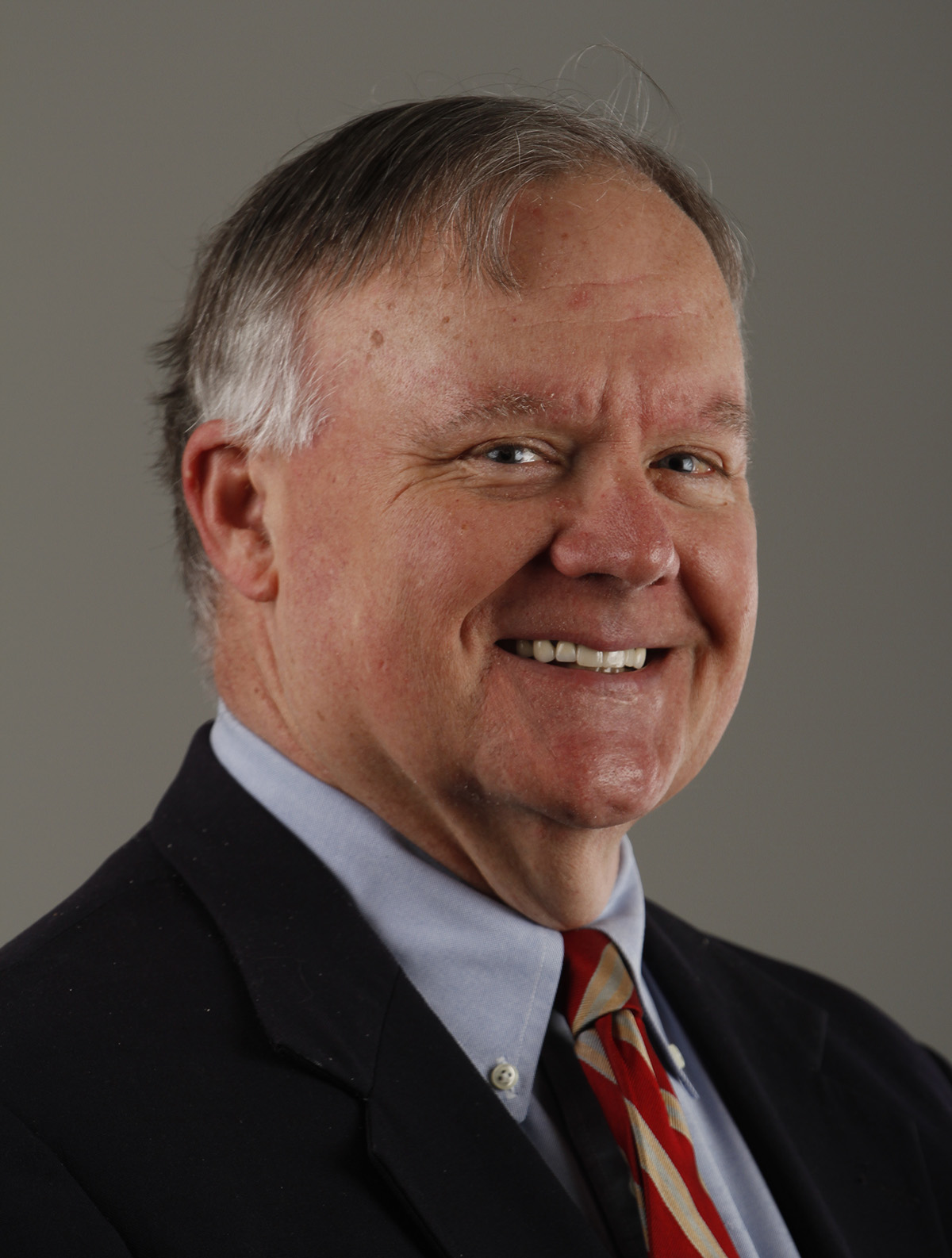Jaylen Brown has never been your typical elite athlete. Wooed by every college basketball factory in the country coming out of Wheeler High School in Marietta, Georgia, Brown spent his one year of college at California-Berkeley because he felt a special bond with former Tennessee coach Cuonzo Martin.
Now a highly respected NBA player with the Boston Celtics - which means he could easily charter a private jet home to the Big Peach should the need arise - Brown instead drove the 15 hours from Beantown in order to lead a peaceful Saturday night protest regarding the death of George Floyd after violent protests wrecked Atlanta on Friday night.
"I'm a black man and I'm a member of this community," Brown explained. "We're raising awareness for some of the injustices that we've been seeing. It's not OK."
Beneath the surface niceties, nothing much about race has been OK in this country since slaves were brought to our shores against their will more than 400 years ago.
But every now and then - such as when a white Minneapolis police officer murders a black man such as Floyd by kneeling so harshly on his neck that Floyd was killed despite his repeated pleas of "I can't breathe, I can't breathe" - all the old wounds and nightmares that have daily, if not hourly, haunted black America, come rushing back.
The Ku Klux Klan. Lynchings. Separate water fountains. Separate schools. Birmingham. Detroit. The assassination of Dr. Martin Luther King Jr. The beating of Rodney King.
Now this: A nation already on edge due to the coronavirus pandemic, its collective economy on the verge of collapse and many of its citizens having already lost next to everything they own, must once more deal with its inability to treat all its citizens equally.
Yes, the now former police officer, Derek Chauvin, has rightly been charged with third-degree murder. The looters, vandals and protesters who believe one troubled soul's violent act is an excuse for widespread violence and destruction of property should also soon face their own criminal charges, the harsher the better.
Still, none of that fixes the problem. Not even close.
Said Brown on Saturday evening: "I don't know all of the answers. But I feel how everybody else is feeling, for sure. No question."
Everybody should be feeling angry enough and troubled enough to force real and permanent change.
Or as former Virginia hoops star and current Indiana Pacers guard Malcolm Brogdon - like Brown, a National Basketball Players Association vice president - noted while joining the Atlanta demonstration: "We have leverage right now. We have a moment in time."
We have had these potential moments for a racial sea change too many times before. I was 10 years old when riots all but destroyed Detroit in the too long, too hot summer of 1967. By the time the National Guard got the situation under control, there had been 43 deaths, 33 of them black people, and close to $45 million in property damage.
And at least part of the reason for that unmatched racial unrest - at least for that time - was an earlier riot that killed 36 in Newark, New Jersey, the disturbance brought on by the police beating of a black taxi driver.
Sound familiar?
If not, perhaps you still remember the Rodney King beating by Los Angeles police in 1992. An acquittal of four officers that spring - despite a video showing the beating - caused an uprising that led to 63 deaths and more than $1 billion in property damage.
Let's be clear. There's no excuse for looting and damage of property. Beyond that, the vast, vast majority of police officers bravely serve our communities with honor and decency.
That said, the following words from Brogdon are repeated far too often in the black community.
"I've got brothers, I've got sisters, I've got friends that are in the streets that are getting pulled over, just discrimination, day after day," Brogdon told protesters. "This is systematic."
In a sense, it's been that way forever.
Merely consider that after the Detroit and Newark riots, President Lyndon Johnson appointed a National Advisory Commission on Civil Disorders, led by Illinois governor Otto Kerner.
In the winter of 1968, seven months after the riots in Detroit, the commission released a 426-page report.
"Our nation is moving toward two societies, one black, one white - separate and unequal," it read. "Reaction to last summer's disorders has quickened the movement and deepened the division. Discrimination and segregation have long permeated much of American life; they now threaten the future of every American."
Nearly 53 years after Detroit, another long, hot summer all but certain to engulf us all, can anyone say that statement is the slightest bit less true? And if they can't, how can any one of us feel remotely positive about our future?
Contact Mark Wiedmer at mwiedmer@timesfreepress.com. Follow him on Twitter @TFPWeeds.

